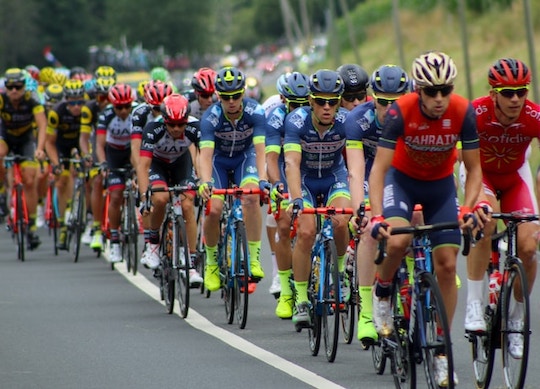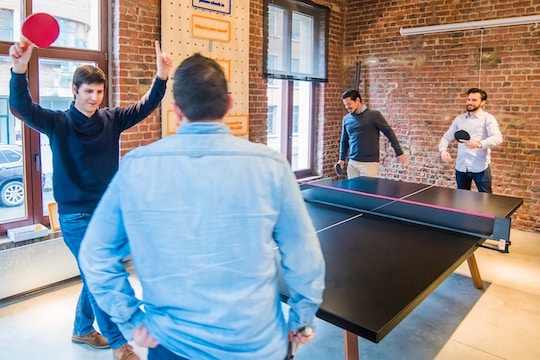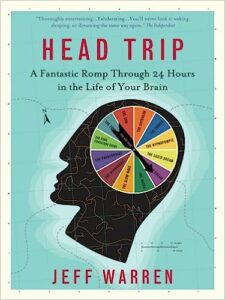The plateaus of life are simply part of our journey. Learn to love them and keep moving forward.
—Calm App Reflection
I recently watched the Netflix series on the Tour De France. I haven’t ridden a bike in years, and was surprised how this event captured my spirit of adventure and ongoing desire for excellence.
The twenty-one days over which this event is held is one of the greatest tests of grit and endurance I’ve ever seen.
The 170+ riders face grueling mountain climbs, bumpy cobblestone roads, and downhill runs where speeds of over 80 miles per hour have been clocked. Of course, there are plenty of flat parts where the peloton pushes forward at a pace that has the riders wiz by, cheering fans in a blur.
EXERCISE:
What races are your running these days?
How hard do you push yourself on difficult uphill climbs? How fast do you go when the grade of life is downhill?
What is your approach to the plateaus of your journey on your way to your own yellow jersey?














